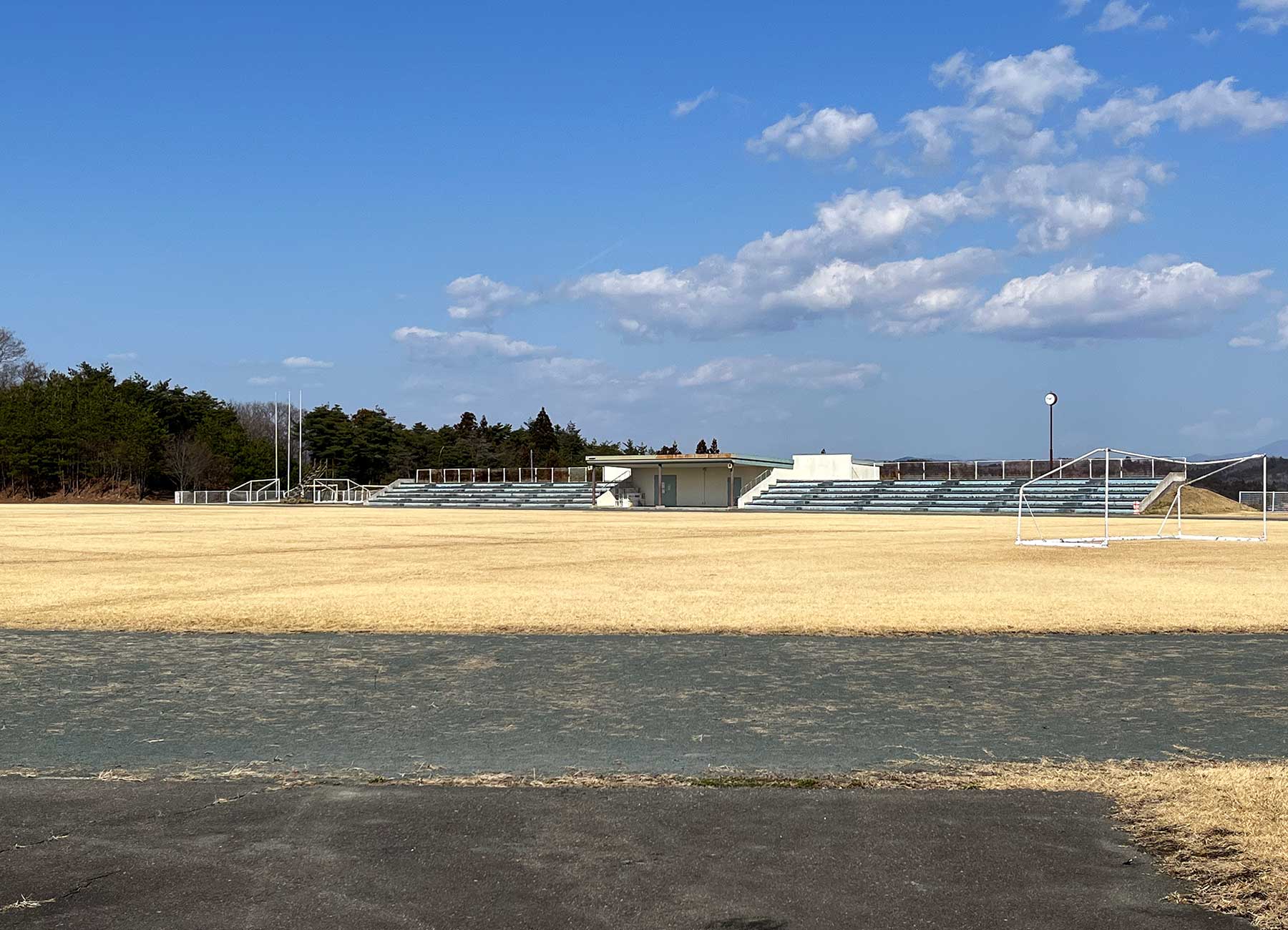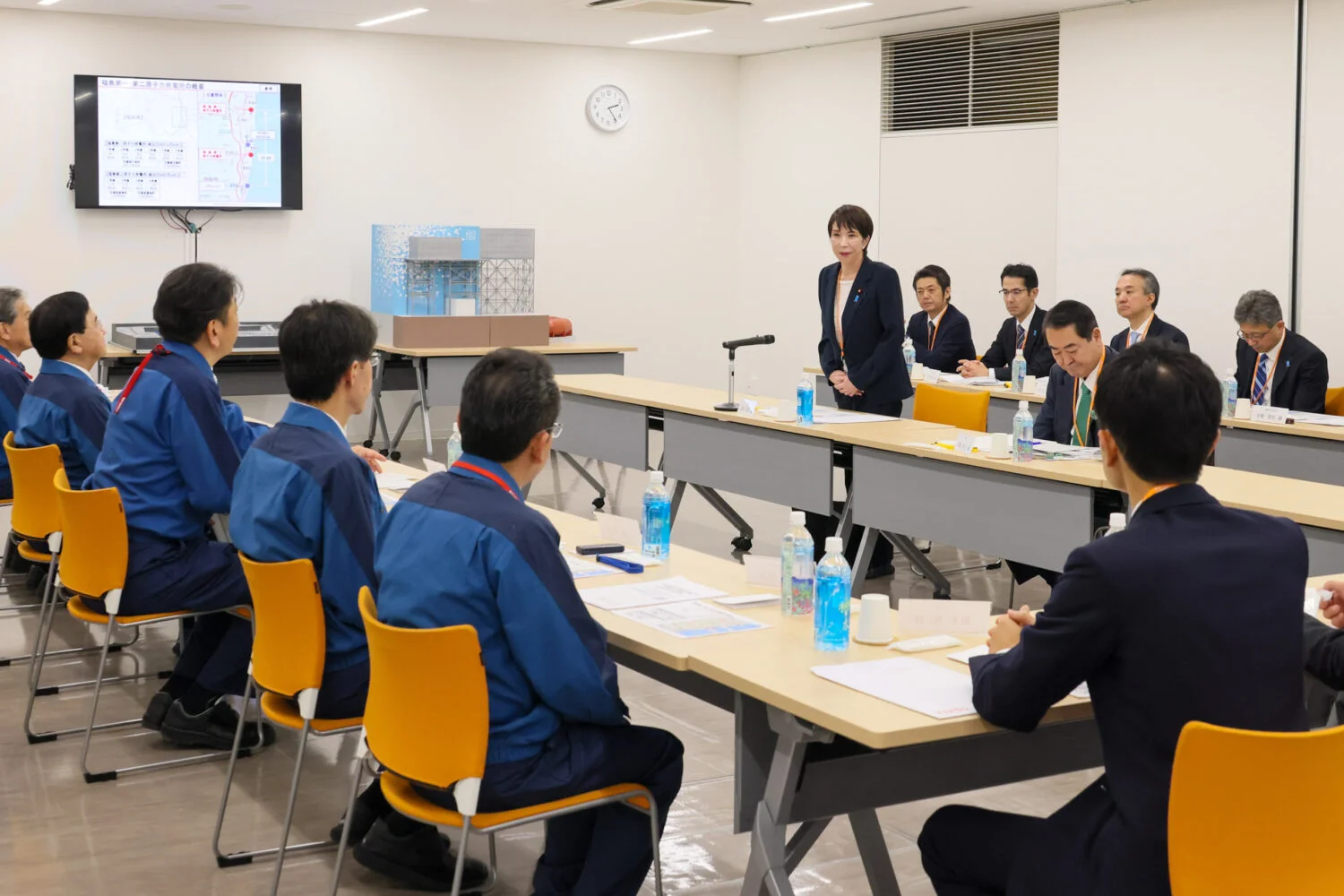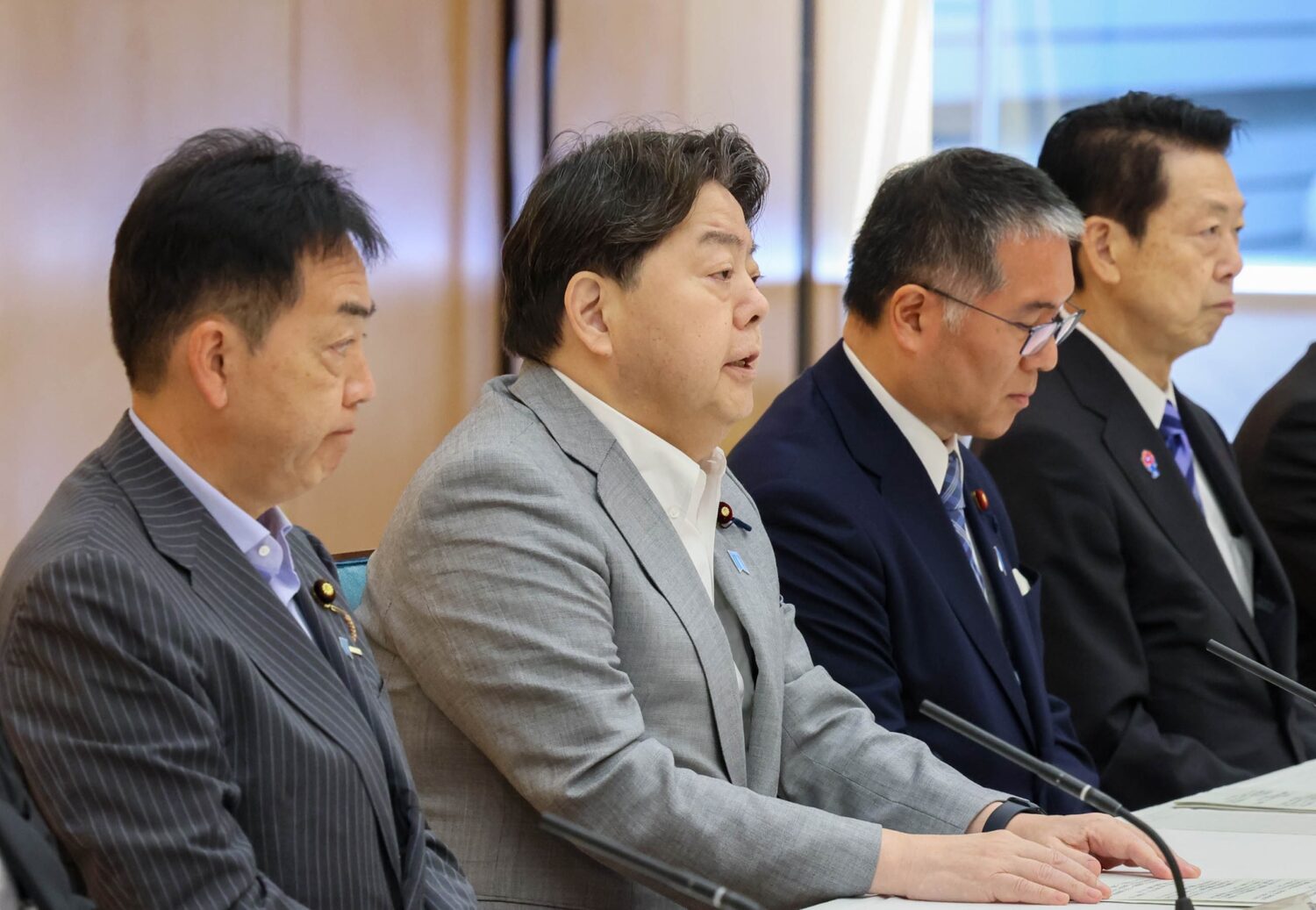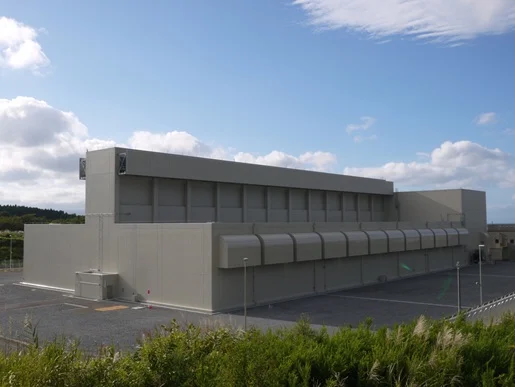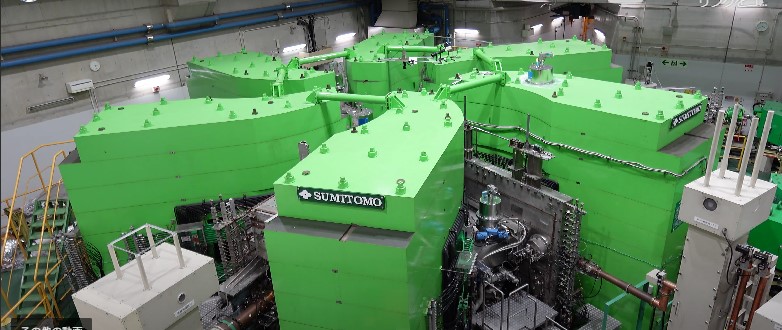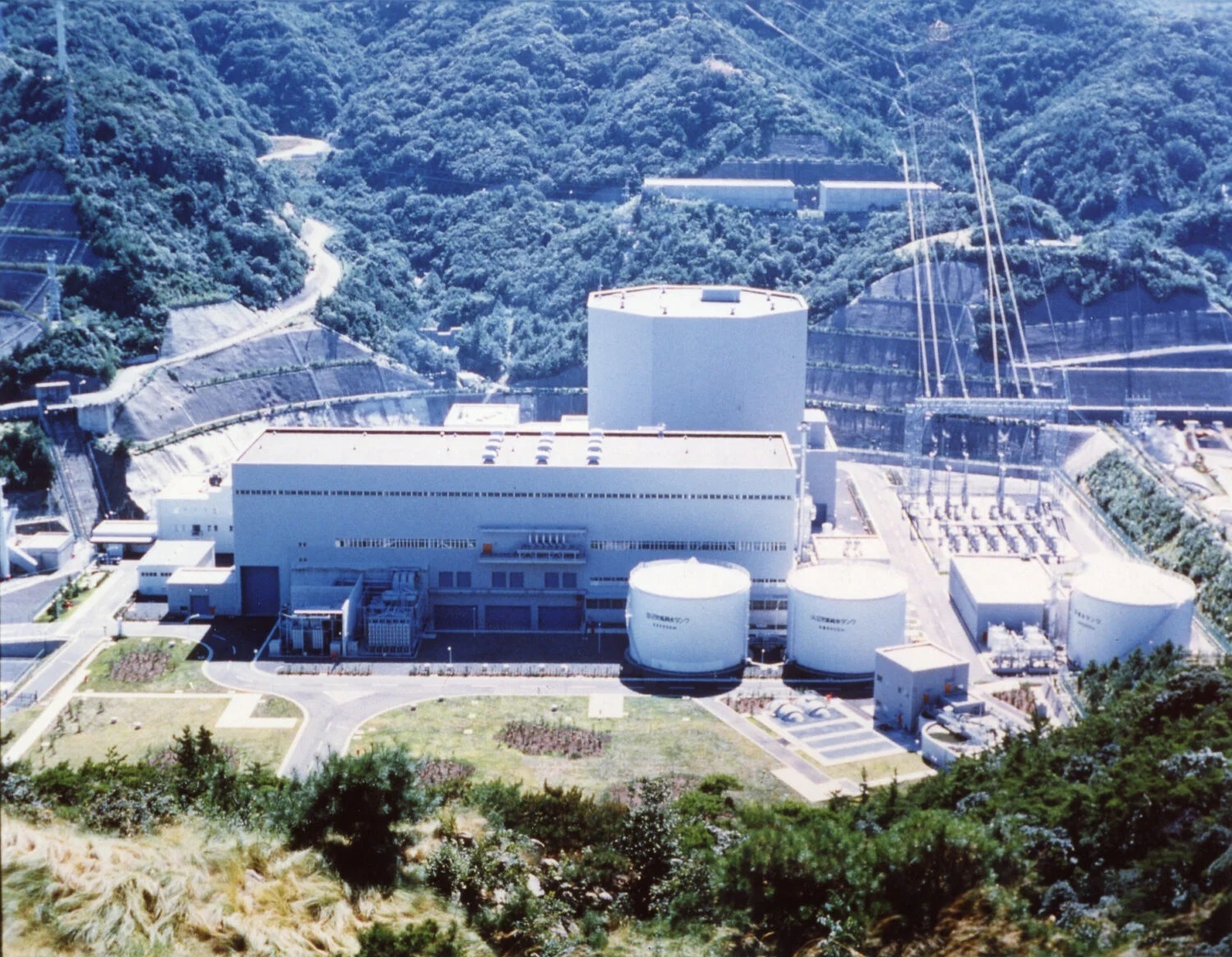The events took place on August 30 in Tomioka Town (Fukushima Prefecture) took place, in the morning of August 31 in Koriyama City (also in Fukushima Prefecture), and in the afternoon of the same day in Tokyo.
The meeting and hearings were conducted by a task force of experts from Japan’s Agency for Natural Resources and Energy (ANRE), with the hope that the results would contribute to a more comprehensive addressing of issues later, including the societal effects of unfounded fears and rumors.
At Koriyama, 14 people expressed their opinions. Among them, Mr. Migu Ueda, who lives in Nishitokyo City (Tokyo Metropolis)—who had also spoken the previous day at Tomioka—repeated his assertion that tritium water “should be treated in Tokyo,” an energy-consuming area.
There were also some technical suggestions at the Koriyama hearing on the removal of the tritium. One researcher, currently engaged with the Belarus government on investigations and demonstrations of countermeasures to radioactive contamination of agricultural products, said that microorganisms were potentially useful, based on their effectiveness in preventing the migration of radioactive cesium. Another person cited the polymer-coagulating sedimentation method used in water purification.
Meanwhile, there was strong opposition by some of the participants against the offshore release of the tritium. Their reasons ranged from fear that it would only worsen the damage from unfounded fears and rumors, to adverse effects on health and to concern about who would be held responsible.
Some also criticized the nature of the public hearings, saying that they “should not be used as a pretext to proceed with pre-assumed offshore release,” and that “the issue should be considered nationally, and opinions from overseas should be heard.”
Citing the three principles of environmental ethics (libertarian extension, ecologic extension and conservation ethics), Mr. Toshinori Yamaki, a former high school teacher in Iwaki City, Fukushima, said that offshore release ran contrary to all of them, adding that the water now stored in large tanks was subject to the natural attenuation of radiation levels.
Meanwhile, 16 people voiced their concerns at the hearing held in Tokyo’s Chiyoda Ward on August 31. One person stated that the approach of the subcommittee was insufficient, saying, “It is the height of folly to focus on a particular disposal method without trying any new technologies. All options should be investigated on a nationwide basis.” Other proposals included methods to prevent increased contamination, and that the tritium water itself be looked at as a potential resource.
Finally, there were opinions on how to form a consensus, including holding a referendum in the surrounding municipalities before tritium water is discharged, corresponding to the distrust in the government.


